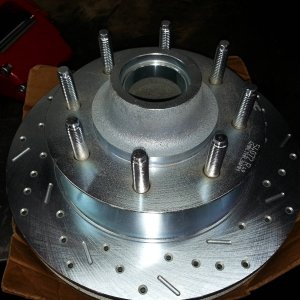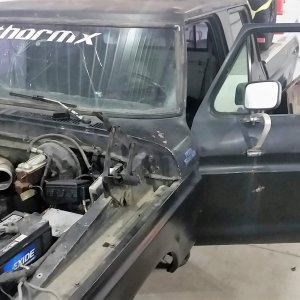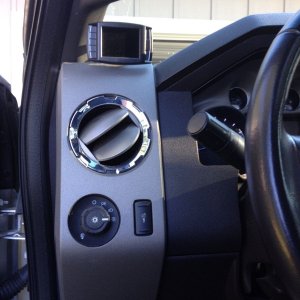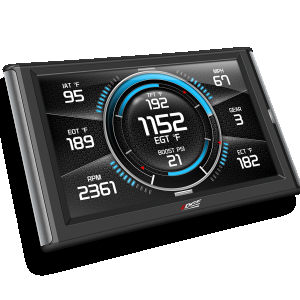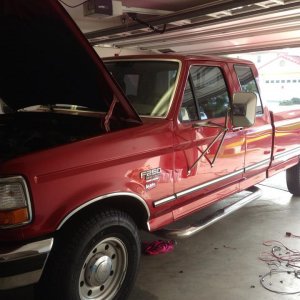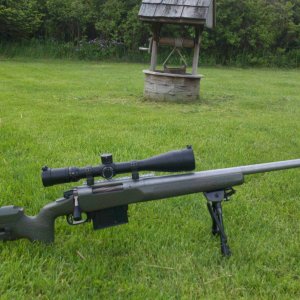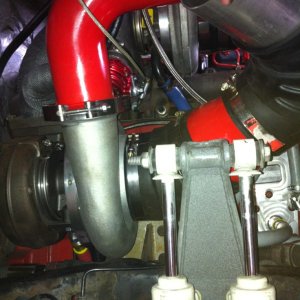So what you're saying is you don't test in real world conditions. In scientific terms, I believe that is called a proof of concept test, which is followed by a practical test.
My point simply is, you're machining parts to within extremely fine tolerances in order to achieve what you claim. A difference of 30% in temperature could literally cause your pump to turn into an agitator.
Here's the scene, driving down the road just left the house, eot climbs above 150* (coincidentally this is also where most modifiers in stock calibrations stop having an effect) and all of a sudden power is way down. Light turns red, and as the truck comes down to an idle, it dies. Pump housing has expanded at a different rate than internals because they are different thicknesses and material. Truck cranks and cranks and cranks, but won't build more than 170psi. Checks oil, and its full of bubbles. Better grab that water and pour it on the pump housing, crossing your fingers that the material doesn't shrink fast enough to harm any internals or warp.
Yep, definitely wanna buy the product that is tested on a bench because it has the same stable conditions that occur in the real world.



